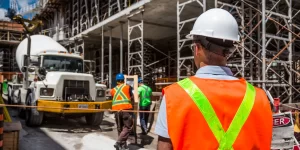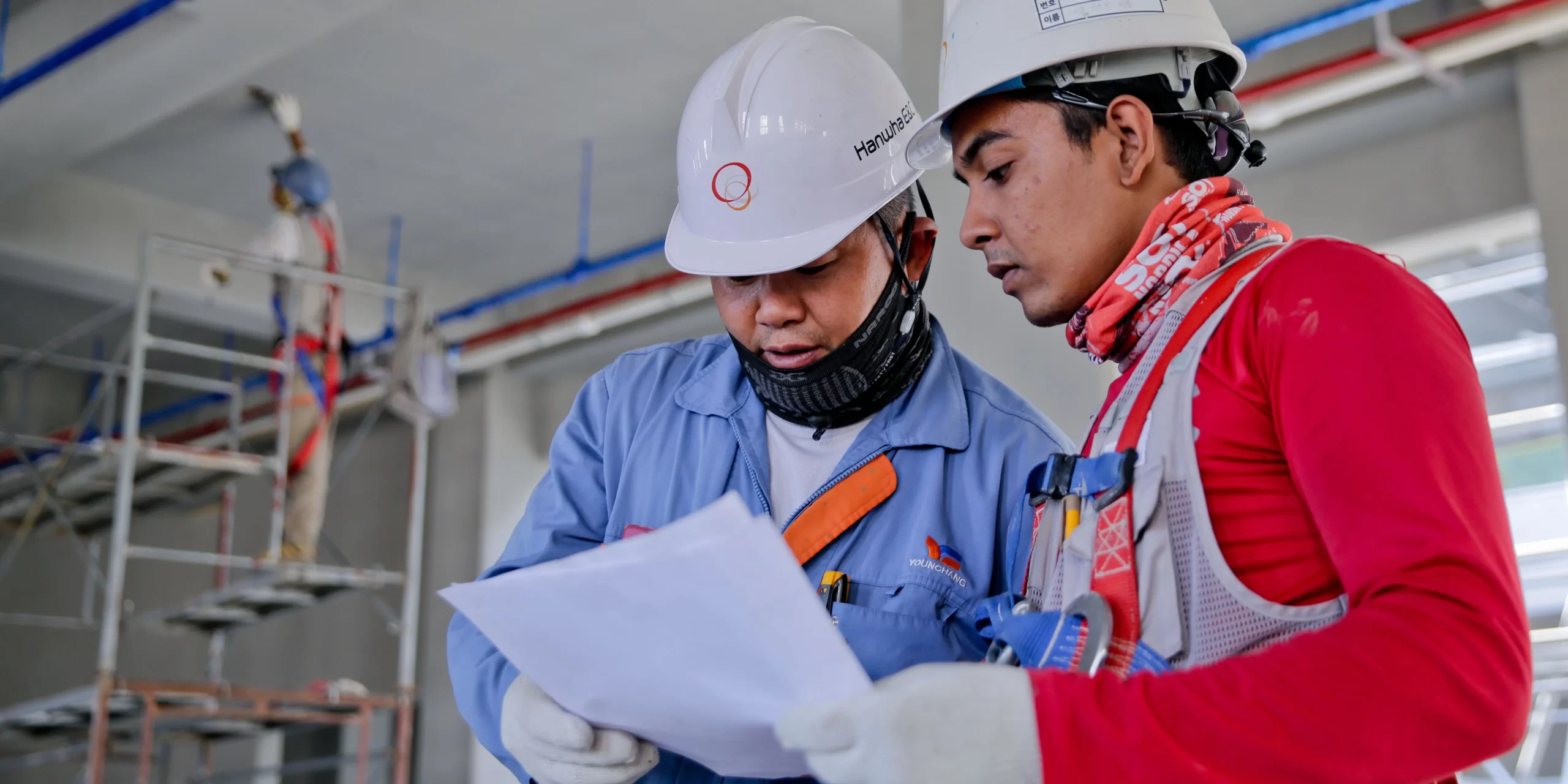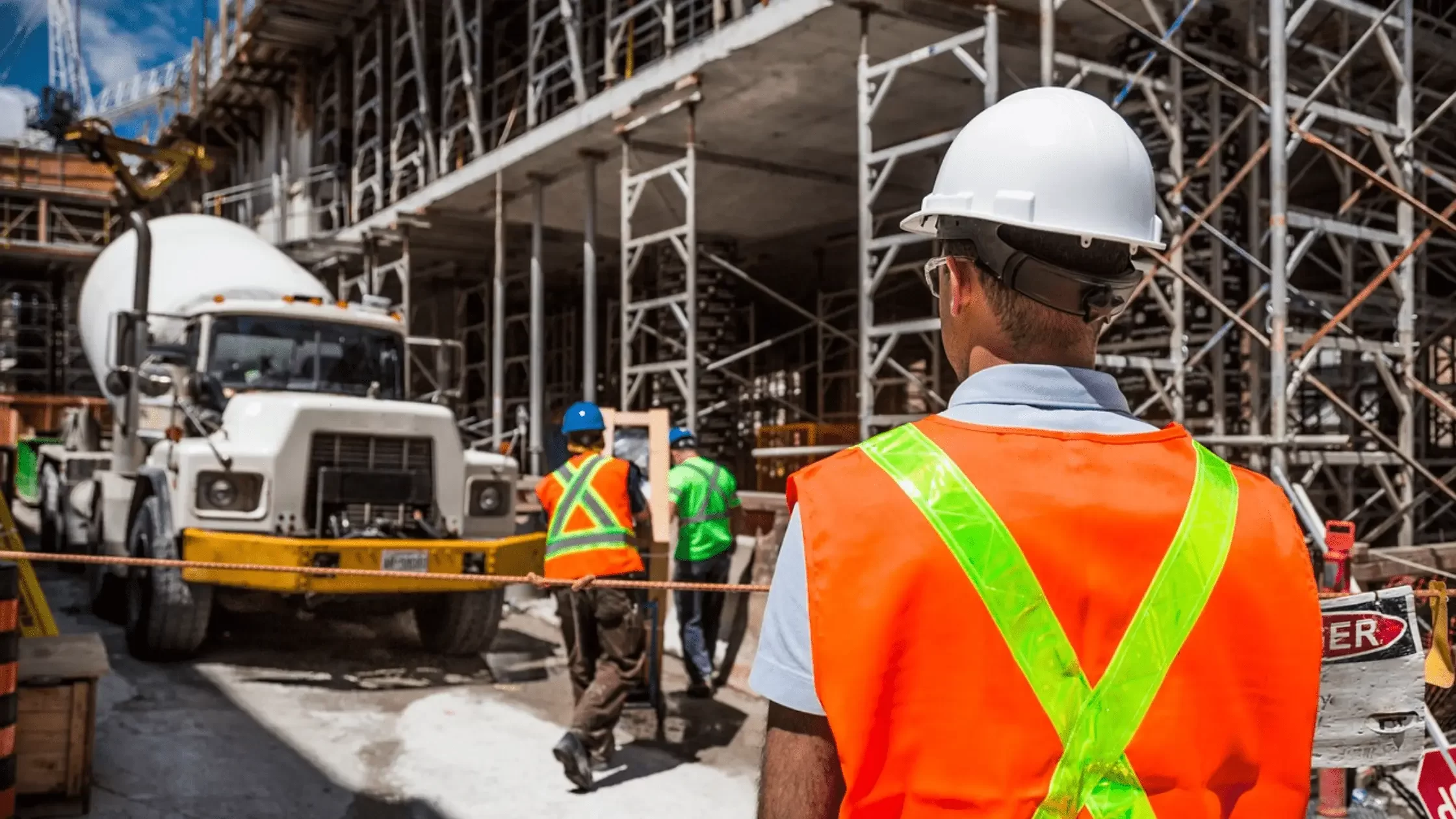Quality Control and Quality Assurance in Construction: A Comparative Analysis
Introduction
In the dynamic world of construction, ensuring high standards of quality is paramount. Quality in construction not only affects the longevity and safety of buildings but also impacts the reputation of the construction company.
Understanding the nuances of Quality Control (QC) and Quality Assurance (QA) is essential for achieving excellence in construction projects.
Historical Context
The journey of quality practices in construction has evolved significantly over the centuries. Early construction relied heavily on the skills and experience of artisans.
However, with the industrial revolution, the focus shifted to standardized processes and materials. Key milestones in quality management include the introduction of ISO standards and the adoption of modern quality management systems, which have transformed the construction industry.
Fundamentals of Quality Control
Quality Control refers to the procedures and activities employed to ensure that a constructed product meets specified standards. It encompasses inspections, tests, and measurements to identify defects or deviations from desired specifications.
The core principles of QC include meticulous testing, precise measurements, and stringent inspection protocols to maintain high-quality outputs.
Fundamentals of Quality Assurance

Quality Assurance, on the other hand, is a broader concept that focuses on the systematic processes to ensure quality throughout the construction lifecycle. QA involves the development and implementation of policies, procedures, and standards to prevent defects before they occur.
The key principles of QA include process standardization, preventive measures, and continuous improvement to enhance overall quality.
Core Differences
The fundamental distinction between QC and QA lies in their focus and approach. Quality Control is product-centric, emphasizing the detection of defects in the finished product.
Conversely, Quality Assurance is process-oriented, aiming to prevent defects by refining and standardizing processes. QC is typically reactive, addressing issues as they arise, whereas QA is proactive, seeking to mitigate potential problems before they manifest.
Quality Control Techniques
Effective Quality Control in construction employs various techniques. Inspections and testing are fundamental, involving thorough examinations of materials and workmanship to ensure compliance with standards.
Statistical Process Control (SPC) uses statistical methods to monitor and control processes, ensuring consistent quality. Non-Destructive Testing (NDT) methods, such as ultrasonic and radiographic testing, allow for the inspection of materials without causing damage.
Quality Assurance Techniques
Quality Assurance techniques are designed to ensure that construction processes yield high-quality outcomes. Standard Operating Procedures (SOPs) provide detailed instructions on how to perform tasks correctly, ensuring consistency and quality. Audits and reviews are conducted to assess compliance with established procedures and standards.
Continuous Improvement Strategies, such as Six Sigma and Lean, focus on identifying inefficiencies and implementing solutions to enhance quality.
Role of Standards and Regulations
Standards and regulations play a critical role in both QC and QA. International standards, such as ISO 9001, provide frameworks for quality management systems.
National and local regulations set the minimum quality requirements for construction projects, ensuring safety and compliance. Adhering to these standards and regulations is essential for maintaining high-quality construction practices.
Tools and Technologies
Advancements in technology have revolutionized quality management in construction. Quality Management Software (QMS) systems streamline documentation, tracking, and reporting of quality activities.
Advanced testing equipment, such as drones and 3D scanners, provide precise measurements and inspections, enhancing the accuracy and efficiency of quality control processes.
Implementing Quality Control

Implementing effective Quality Control involves several steps and best practices. Establishing clear quality standards and specifications is crucial.
Regular inspections and testing at various stages of construction help identify and address issues promptly. Common challenges in QC implementation include resistance to change and lack of skilled personnel, which can be mitigated through training and communication.
Implementing Quality Assurance
Implementing Quality Assurance requires a systematic approach. Developing comprehensive policies and procedures ensures consistency in quality processes. Regular audits and reviews help identify areas for improvement.
Challenges in QA implementation, such as insufficient resources and resistance to process changes, can be addressed by fostering a culture of quality and continuous improvement.
Case Studies
Successful implementation of Quality Control and Quality Assurance can be seen in various construction projects. For example, a major infrastructure project that employed rigorous QC techniques resulted in a defect-free structure.
Similarly, a residential development that adopted QA practices throughout the project lifecycle achieved high customer satisfaction and minimal rework.
Cost Implications
Quality management has significant cost implications. The cost of poor quality, including rework, delays, and defects, can be substantial. Investing in Quality Assurance can lead to long-term savings by preventing defects and improving efficiency.
Balancing the costs and benefits of QC and QA is essential for sustainable construction practices.
Impact on Project Timelines
Quality issues can have a profound impact on project timelines. Delays due to rework and defects can extend project durations and increase costs.
Implementing effective QA practices can streamline processes, reduce delays, and ensure timely project completion. Proactive quality management is essential for maintaining project schedules and budgets.
Workforce Training and Development
Training and development of the workforce are critical for effective quality management. Providing comprehensive training on quality standards, procedures, and best practices ensures that all personnel are equipped to maintain high-quality outputs.
Effective training programs focus on both technical skills and quality awareness, fostering a culture of quality throughout the organization.
Role of Leadership
Leadership plays a pivotal role in establishing and maintaining a culture of quality. Effective leaders prioritize quality and allocate resources to support quality initiatives.
Case examples of successful leadership in quality management highlight the importance of commitment, communication, and continuous improvement in achieving quality excellence.
Future Trends in Quality Management
The future of quality management in construction is shaped by innovations and emerging trends. Advanced technologies, such as artificial intelligence and machine learning, are being integrated into QC and QA processes to enhance accuracy and efficiency.
The focus on sustainability and green building practices is also influencing quality management, with an emphasis on eco-friendly materials and processes.
Quality Control in Sustainable Construction
Ensuring quality in sustainable construction requires a balance of traditional quality practices and innovative approaches. Quality Control in green building practices involves the use of environmentally friendly materials and energy-efficient processes.
The role of QC in sustainability is to ensure that green building standards are met without compromising quality.
Quality Assurance in Risk Management
Quality Assurance is integral to effective risk management in construction. Identifying and mitigating risks early in the project lifecycle can prevent quality issues and enhance overall project outcomes.
Integrating QA into risk management strategies involves continuous monitoring, assessment, and improvement of processes to minimize potential risks.
Conclusion
In conclusion, both Quality Control and Quality Assurance are essential for achieving high standards of quality in construction. While QC focuses on detecting and addressing defects, QA aims to prevent them through systematic processes. Balancing these approaches ensures that construction projects are completed efficiently, safely, and to the highest quality standards.
Indosup, your trusted partner in construction material procurement, delivers unmatched quality and reliability. At Indosup, we understand that maintaining high-quality standards is critical to the success of any construction project. As a leading provider of construction materials, we are committed to supporting both Quality Control and Quality Assurance efforts by offering superior products that meet stringent quality standards. Our comprehensive range of materials ensures that every aspect of your project benefits from the highest levels of quality and durability. Partnering with Indosup means choosing reliability, excellence, and a steadfast commitment to quality.
Learn more on this video about Quality control and Quality Assurance






